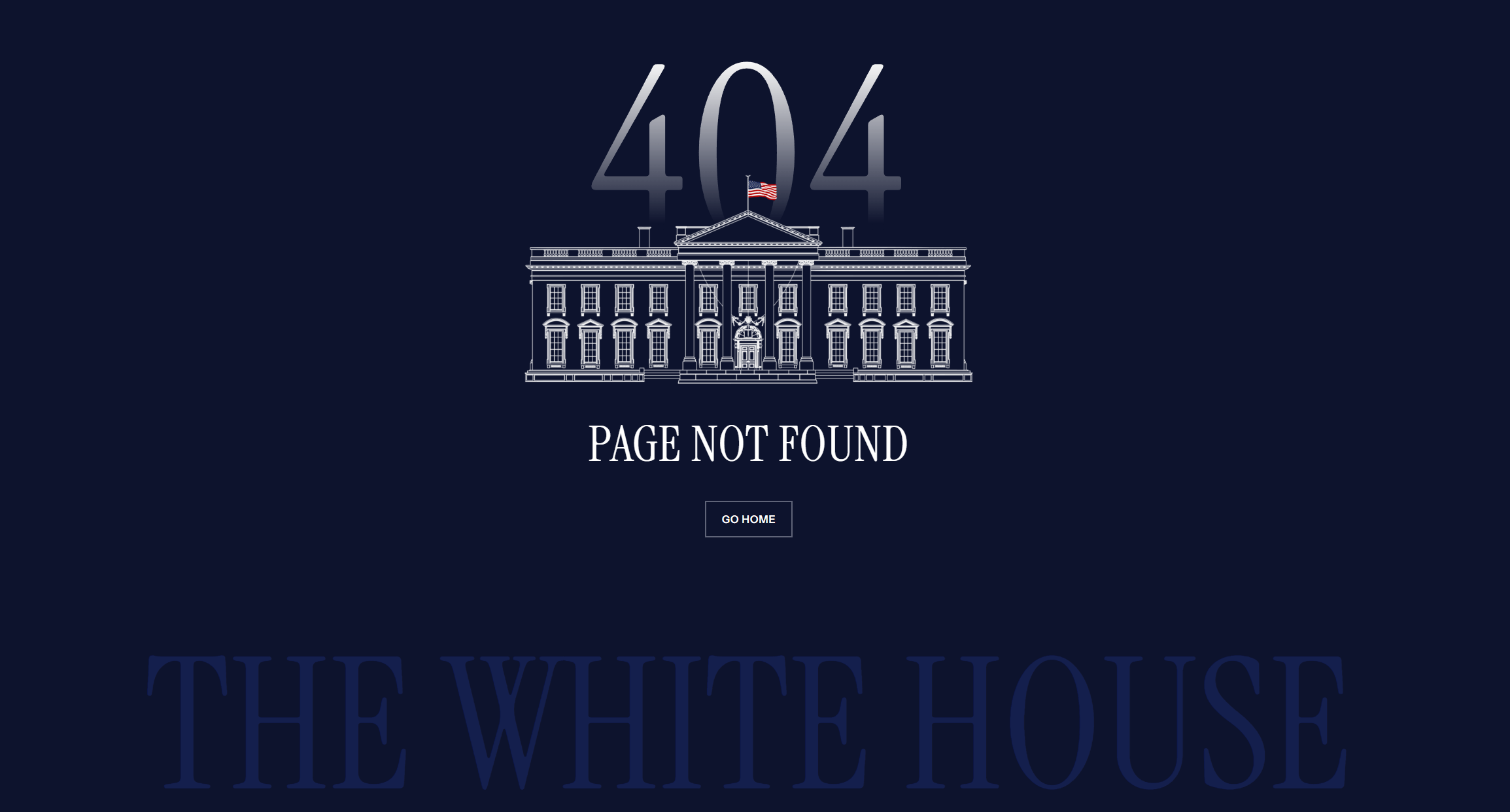Trump's reversal of Biden's AI safety rules puts US on fast track in AI race

Donald Trump has eliminated his predecessor's AI safety regulations, creating a regulatory gap for artificial intelligence development in the United States.
In one of his first moves as president, Trump struck down Executive Order 14110, which aimed to ensure "Safe, Secure, and Trustworthy Development and Use of Artificial Intelligence." The AI order was among 78 Biden policies Trump reversed upon taking office.
Biden's order, introduced in October 2023, had created the first mandatory safety standards for US companies developing AI. Among other requirements, companies had to share their AI safety test results with the government. The order also addressed AI-generated deception by developing standards for digital watermarks.
While Biden's Executive Order 14110 no longer appears on the White House website, it remains available through archive sites.
EU stands alone on AI regulations
Trump's decision leaves the European Union's AI Act as the main regulatory framework for artificial intelligence development worldwide. While China maintains tight government control over its AI sector, it focuses primarily on rapid development rather than safety standards. The US appears to be moving away from mandatory safety requirements entirely.
This shift could accelerate the global AI race: on one side, AI development in the US, which is now largely unregulated at the national level, with a patchwork of conflicting state laws; on the other side, China's state-led AI industry - and in between, the EU, with its comparatively strict rules on AI safety, which is slow to develop and deploy large AI models.
The EU's strict requirements could now become an even bigger hurdle for foreign companies looking to offer AI products in Europe, since they'll need to comply with rules that only apply within the EU. Some tech giants, including Meta and OpenAI, have already held back certain AI products and features in the EU, citing regulatory uncertainty.
However, the regulations have also gained significant industry support, with more than 100 tech companies recently pledging to comply with the EU AI Act. While this could theoretically lead to the EU setting global safety standards, the current political climate makes such an outcome unlikely.
The Musk Factor
While Trump's exact reasoning remains unclear - it's likely about accelerating AI development, particularly as the US competes with China - the decision could benefit his close ally Elon Musk. Through his startup xAI, Musk is developing large language models to compete with industry leader OpenAI. Without Biden's safety requirements, this competition could move much faster with fewer restrictions.
Musk is known for two seemingly contradictory positions: on one side, he frequently warns about AI's dangers and aligns himself with AI doomsayers. But on the other side, he strongly opposes government regulation. This apparent contradiction may make more sense when you consider that his warnings tend to focus on things outside his control.
While OpenAI and other US companies would also benefit from fewer safety regulations, the impact might be different. Companies that have made safety a core priority could now face pressure to move faster and take more risks to compete with less cautious players like xAI, which appears less concerned with safety measures.
AI News Without the Hype – Curated by Humans
As a THE DECODER subscriber, you get ad-free reading, our weekly AI newsletter, the exclusive "AI Radar" Frontier Report 6× per year, access to comments, and our complete archive.
Subscribe nowAI news without the hype
Curated by humans.
- Over 20 percent launch discount.
- Read without distractions – no Google ads.
- Access to comments and community discussions.
- Weekly AI newsletter.
- 6 times a year: “AI Radar” – deep dives on key AI topics.
- Up to 25 % off on KI Pro online events.
- Access to our full ten-year archive.
- Get the latest AI news from The Decoder.